Category: Research
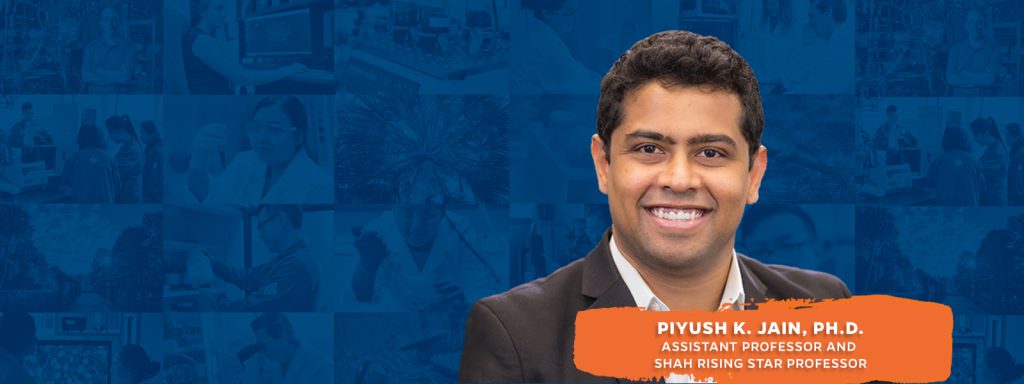
AI helps create better, simpler hepatitis, COVID-19 tests
May 8, 2023Going beyond pregnancy and COVID-19, the world could someday soon come to rely on at-home tests for many diseases thanks in part to AI-fueled improvements. University of Florida scientists have used artificial intelligence tools to simplify a test that works for both hepatitis C and SARS-CoV-2, the virus that causes COVID-19. The simplified test happens […]
Read more: AI helps create better, simpler hepatitis, COVID-19 tests »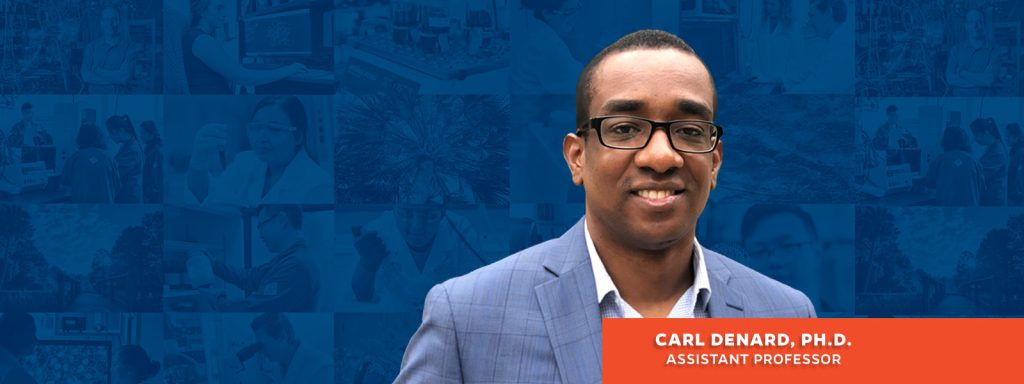
Denard Receives Prestigious NSF CAREER Award
February 1, 2023Carl Denard, Ph.D., an assistant professor in the University of Florida Department of Chemical Engineering, has received a National Science Foundation CAREER award. His research focuses on cellular and protein engineering to develop novel strategies to diagnose, target and fight disease. With this award, Dr. Denard aims to discover and redesign protein molecules that can reprogram […]
Read more: Denard Receives Prestigious NSF CAREER Award »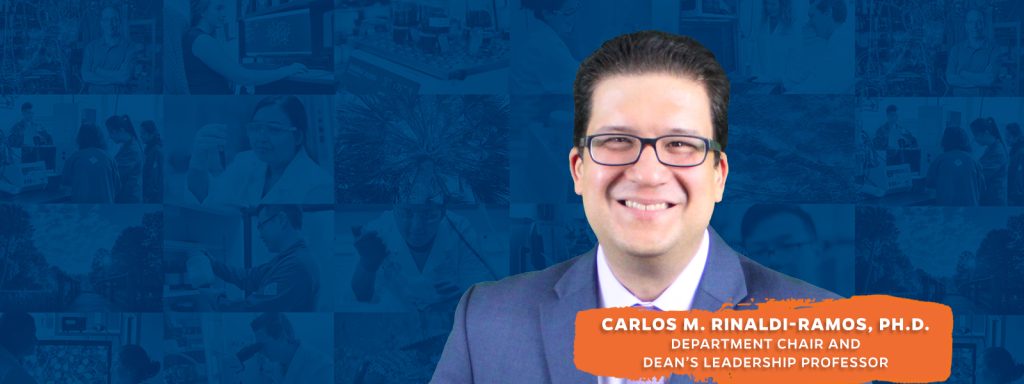
Rinaldi-Ramos receives grants to advance cancer immunotherapy research
August 31, 2022A University of Florida chemical and biomedical engineering researcher has received three grants that will use a novel type of imaging to advance research on cancer immunotherapy treatment and brain injury. The studies aim to provide researchers and clinicians with key insight into how patients with cancers such as refractory brain tumors respond to immunotherapy […]
Read more: Rinaldi-Ramos receives grants to advance cancer immunotherapy research »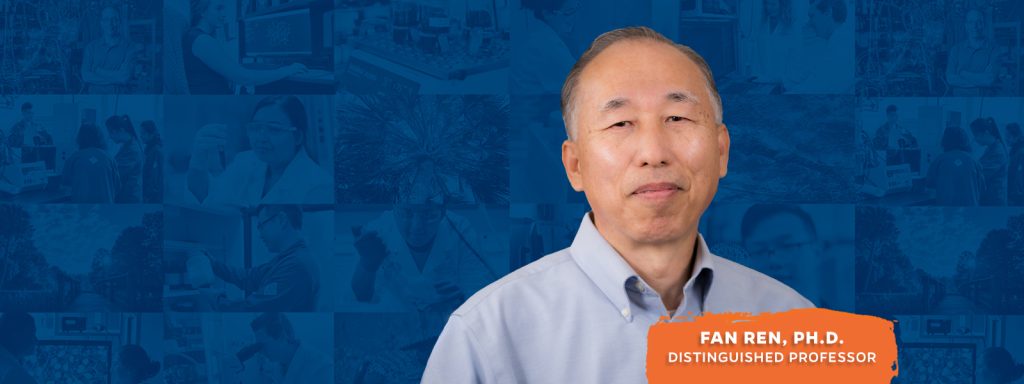
UF researchers help develop highly accurate, 30-second coronavirus test
April 7, 2022by Bill Levesque With any highly infectious disease, time can be a killer. It is crucial to get a test result for a pathogen quickly, lest someone continue in their daily lives infecting others. And delays in testing have undoubtedly exacerbated the COVID-19 pandemic. Unfortunately, the most accurate COVID-19 test often takes 24 hours or […]
Read more: UF researchers help develop highly accurate, 30-second coronavirus test »
Researchers develop a test to quickly detect COVID variants
March 18, 2022The UF team is the first to investigate the new heat-loving CRISPR technology, which manages to combine speed, accuracy, and variant identification by amplifying and detecting coronavirus genetic material in one step. Written by Catherine Arnold March 17, 2022 University of Florida researchers have invented a test that can determine within 10-15 minutes whether patients […]
Read more: Researchers develop a test to quickly detect COVID variants »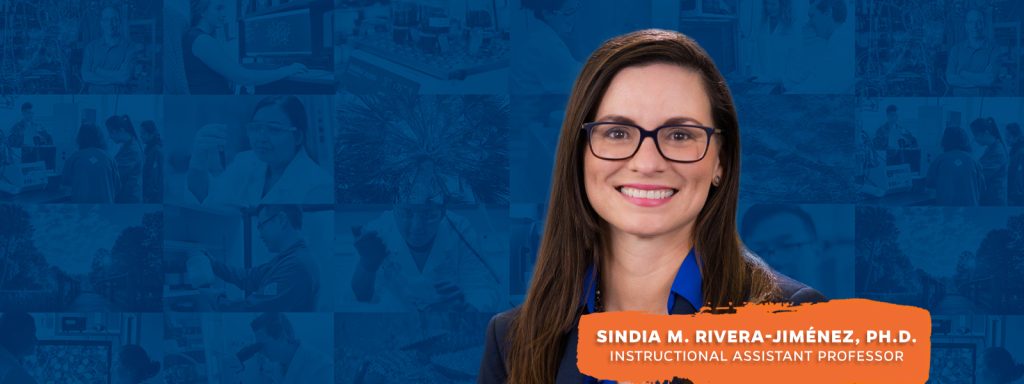
Rivera-Jiménez Receives NSF Grant to Transform Engineering Teaching Practices to Address Social Issues
September 21, 2021Sindia M. Rivera-Jiménez, Ph.D., an instructional assistant professor at the University of Florida Department of Engineering Education and an affiliate faculty of the Department of Chemical Engineering, has received a National Science Foundation (NSF) grant to study the agency of engineering faculty involved in professional societies as they create meaningful transformations in their teaching practices […]
Read more: Rivera-Jiménez Receives NSF Grant to Transform Engineering Teaching Practices to Address Social Issues »
Rapid Detection of Hepatitis C Virus Using CRISPR/Cas
September 20, 2021Piyush K. Jain, Ph.D., an assistant professor at the University of Florida Department of Chemical Engineering, has received a grant from the National Institute of Health (NIH) National Institute of Allergy and Infectious Diseases (NIAID) to develop an early stage, paper-based point-of-care test to detect the Hepatitis C virus. In 2017, the World Health Organization (WHO) […]
Read more: Rapid Detection of Hepatitis C Virus Using CRISPR/Cas »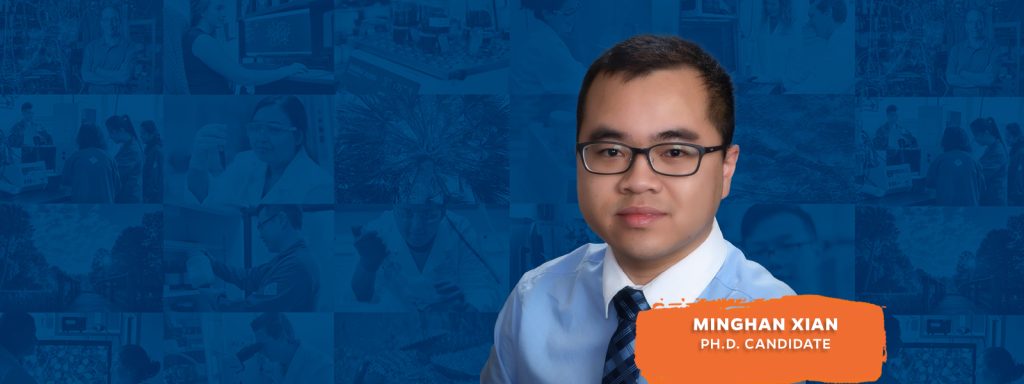
COVID-19 testing method gives results within 1 second
June 1, 2021Superfast, portable COVID-19 testing method detects the virus much faster than currently available methods. Researchers from the University of Florida, and Taiwan’s National Chiao Tung University have developed a rapid and sensitive testing method for COVID-19 biomarkers. Their findings were recently published in the Journal of Vacuum Science & Technology B. The COVID-19 pandemic made it clear […]
Read more: COVID-19 testing method gives results within 1 second »
Jang Receives NSF CAREER Award to Develop Synthetic Protocells
March 25, 2021Yeongseon Jang, Ph.D., an assistant professor in the Department of Chemical Engineering, has received a National Science Foundation CAREER award. With this award, Dr. Jang aims to develop a synthetic protocell constructed of protein building blocks through tuning their self-assembly behavior. “Synthetic versions of protocells that mimic primitive cells assembled from biomacromolecules can serve as simple, […]
Read more: Jang Receives NSF CAREER Award to Develop Synthetic Protocells »
UF Researchers use Magnetic Cryopreservation Agents to Extend Donor Organ Preservation Time
January 29, 2021Researchers at the University of Florida are using colloidally stable nanoparticles and magnetic cryopreservation agents (mCPAs) to extend the preservation time of donor organs. Currently, the preservation time window ranges from 4-36 hours depending on the organ. This time window severely restricts the time for adequate donor-to-recipient matching and the distance over which transplant organs […]
Read more: UF Researchers use Magnetic Cryopreservation Agents to Extend Donor Organ Preservation Time »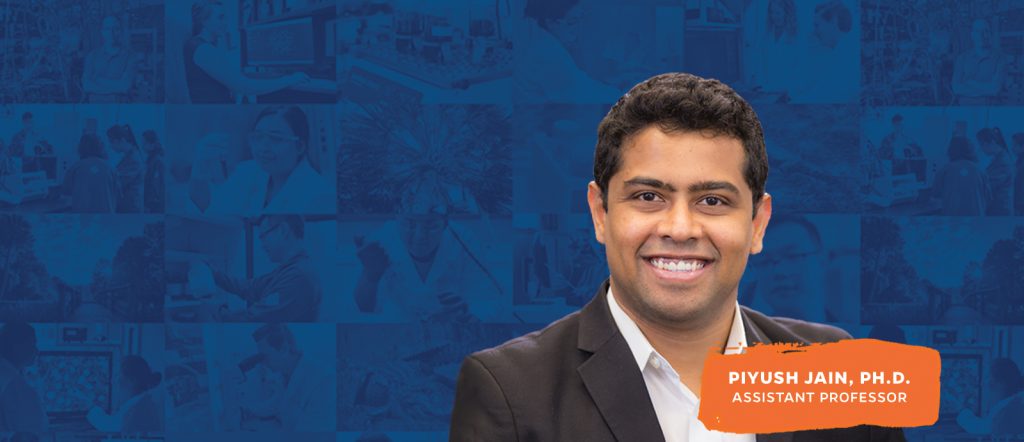
FASTER, CHEAPER, EASIER COVID-19 TESTING
November 17, 2020UF engineers reach semi-finals in XPRIZE Contest for new COVID-19 test methods; their CRISPR-ENHANCE methodology published in Nature Communications journal THE CHALLENGE XPRIZE RAPID COVID TESTING COMPETITION TEAMS ARE LOCATED AROUND THE GLOBE. According to a survey conducted in July 2020 (pdf) by researchers from Northeastern, Harvard, Rutgers, and Northwestern universities, testing (and especially testing […]
Read more: FASTER, CHEAPER, EASIER COVID-19 TESTING »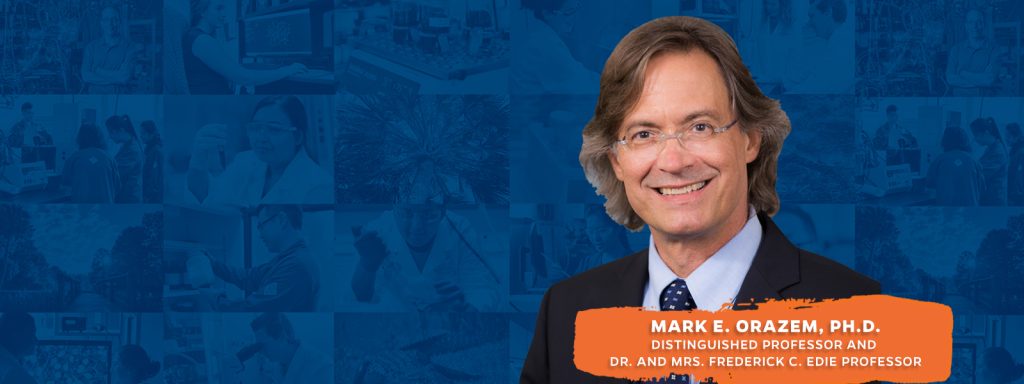
Orazem and Watson Publish Ground-breaking Impedance Data Analysis Program
November 9, 2020Originally published by ECS The Electrochemical Society Mark Orazem, Ph.D., a Distinguished Professor and the Dr. and Mrs. Frederick C. Edie Professor in the Department of Chemical Engineering at the University of Florida, and his student William Watson published their ground-breaking impedance spectroscopy measurement model program, “EIS: Measurement Model Program.” It is available at no […]
Read more: Orazem and Watson Publish Ground-breaking Impedance Data Analysis Program »
UF/IFAS scientists to shed light on aquatic symbiosis with a squid
August 19, 2020The Hawaiian bobtail squid is a glowing example of aquatic symbiosis. It stands out as a unique cephalopod that lives with a light organ run by a luminescent bacterium, or microbes. The bacterium allows the squid to use light as camouflage against predators. A team of researchers has received a $550,000 grant by the Gordon […]
Read more: UF/IFAS scientists to shed light on aquatic symbiosis with a squid »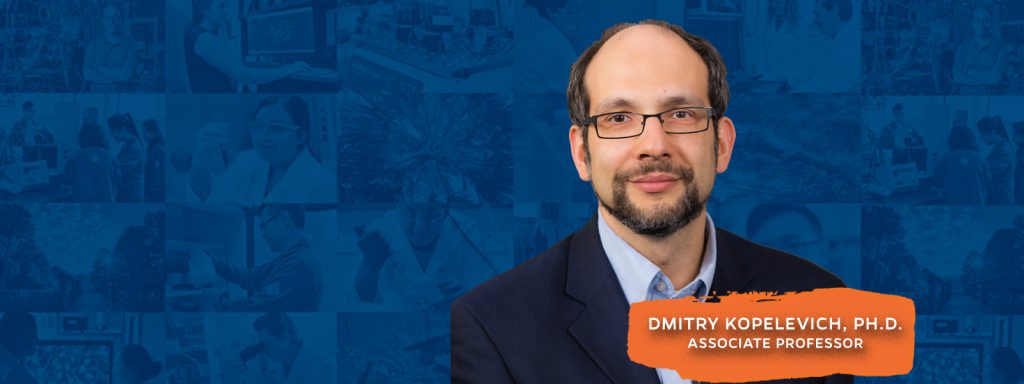
Kopelevich Awarded Grant from the American Chemical Society Petroleum Research Fund
July 19, 2020Dmitry Kopelevich, Ph.D., associate professor in the University of Florida Department of Chemical Engineering (UF CHE) is leading a grant from the American Chemical Society Petroleum Research Fund titled: Investigation of Mechanisms of Shear-Induced Diffusion in non-Brownian Suspensions. Particle suspensions in liquids have a wide array of applications in oil exploration and production. When suspended […]
Read more: Kopelevich Awarded Grant from the American Chemical Society Petroleum Research Fund »
Jain Awarded Grant to Develop a CRISPR-based Urine Test for Early Detection of Breast Cancer
July 1, 2020Piyush Jain, Ph.D., an assistant professor in the Department of Chemical Engineering at the University of Florida, has been awarded a grant from the Florida Breast Cancer Foundation to develop a CRISPR-based urine test for early detection of breast cancer. “There is an urgent need to develop a non-invasive, sensitive and specific screening strategy for […]
Read more: Jain Awarded Grant to Develop a CRISPR-based Urine Test for Early Detection of Breast Cancer »